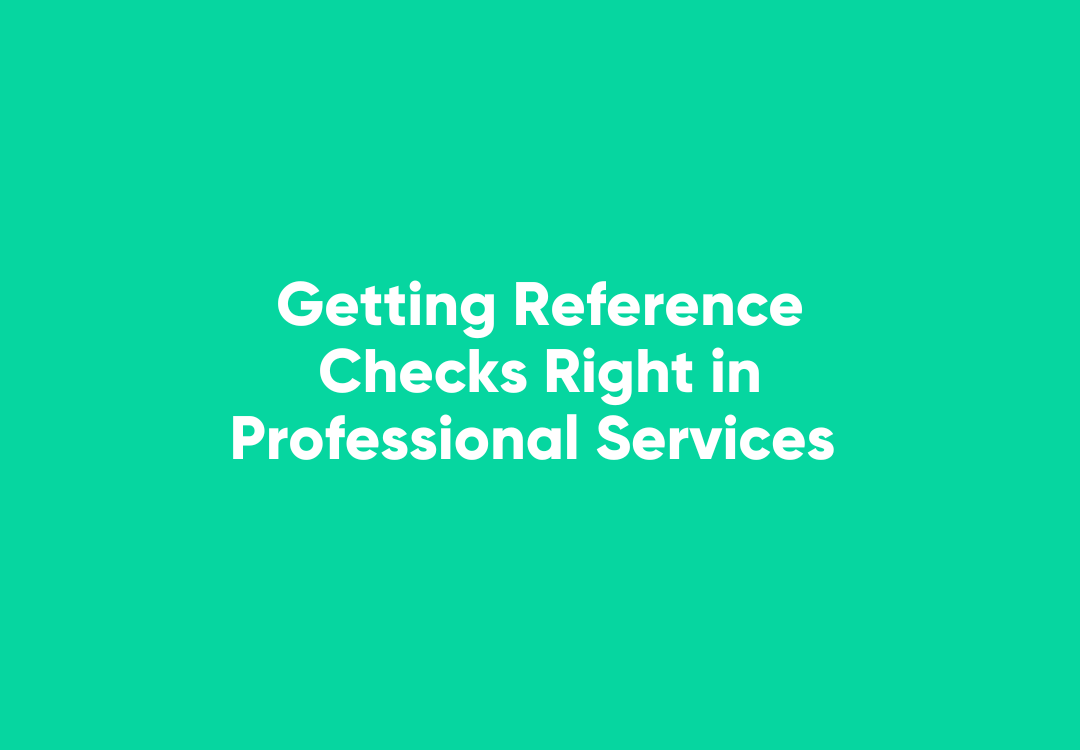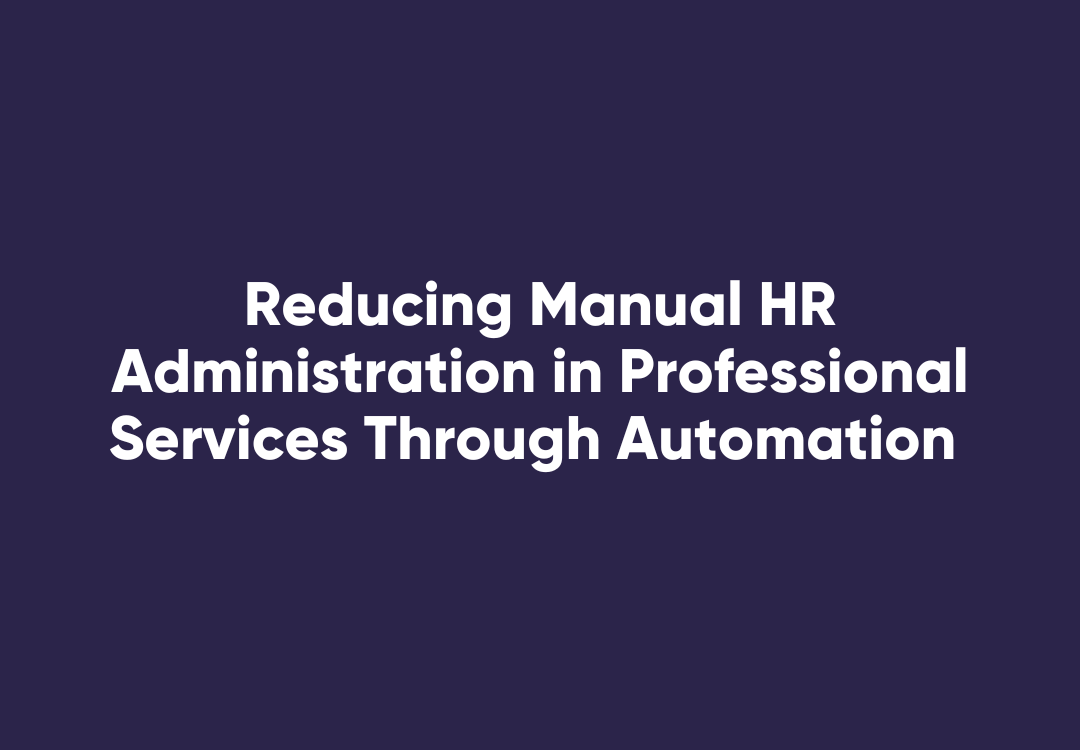Using Role-Based Templates to Customise Your Reference Checks
Using Role-Based Templates to Customise Your Reference Checks
Not all roles demand the same skills or responsibilities. So why use the same generic reference check questions across every hire?
Relying on a one-size-fits-all template can leave gaps in your insights and make the process feel impersonal.
Role-based reference check templates and branded questionnaires offer a better way. They help recruiters collect job-specific insights while keeping the process professional and efficient.
Why use role-based templates for reference checks?
Role-based templates align questions with the specific skills, behaviours, and requirements of each role. For example, templates for sales positions may focus on client relationships, while IT roles highlight problem-solving and technical expertise.
Personalising reference checks allows you to move beyond generic questions and focus on what truly matters for each position. By using templates designed for each position, HR teams can collect feedback that’s consistent, relevant, and genuinely useful. It also helps maintain a professional image by ensuring every referee experience reflects the organisation’s brand and values.
The Limitations of Generic Reference Checks
- Generic questionnaires often provide shallow, inconsistent feedback.
- They fail to capture role-specific skills and performance insights.
- Candidates and referees may feel the process lacks relevance.
How Role-Based Templates Improve Accuracy
- Tailored insights: Aligns referee questions with the role’s core skills and KPIs.
- Consistency at scale: Standardised frameworks across multiple hires.
- Faster turnaround: Recruiters save time by working from pre-built, proven templates.
Branded Questionnaires: Enhancing Professionalism
- Custom branding: Add logos, tone, and style consistent with your organisation.
- Candidate confidence: A professional process reinforces trust and credibility.
- Referee engagement: Well-designed templates are easier to complete and more likely to generate timely responses.
Examples of Role-Based Templates
- Sales roles: Focus on communication, client handling, revenue contribution.
- Technical roles: Emphasise problem-solving, technical knowledge, and collaboration.
- Leadership roles: Measure decision-making, team management, and strategic thinking.
Generic reference checks can’t capture the depth of insight required to hire with confidence. Role-based templates and branded questionnaires streamline the process while ensuring every hire is assessed against the right criteria.













